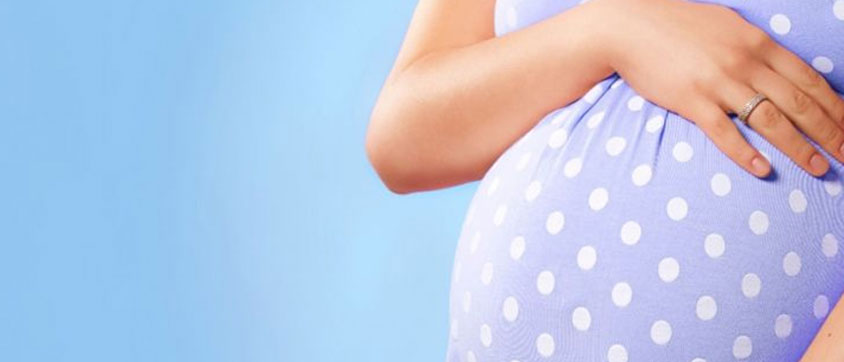Taking diuretics in pregnancy is not safe but doctors may advice to take it if the patient is suffering from kidney ailments. Here is what you need to know about diuretics.Diuretics are generally not prescribed during pregnancy because of some of the side effects associated with it. Even though most of the over-the-counter medications available are recommended for all, whether pregnant or not, you may have to suffer from some health concerns with prolonged use. You should also keep in mind that
self-medication can cause serious harm during pregnancy.
Diuretics promote excretion of water and electrolytes by the kidney. They are used in patients with conditions such as congestive heart failure, or liver, kidney or pulmonary disease when salt and water retention has resulted in oedema or ascites. Thiazides, related diuretics and loop diuretics ,enter the foetal circulation and may cause electrolyte disturbances. During the latter part of the pregnancy, products of this type should therefore only be taken on sound indications, and then in the lowest effective dose.
| Products: | Frusemide |
| For Children: | Can be used safely |
| For Pregnant Women: | Contra-indicated, as safety not established |
| For Breastfeeding Mothers: | To be used only if clearly indicated |
| Contra-indications*: | --------- |
| Caution: | Hepatic and liver dysfunction |
Diuretics that your doctor has suggested can be taken during
pregnancy in case you are suffering from kidney ailments or oedema. However, these can be consumed only under direct supervision to ensure the effectiveness and safety.
What is the role of a Diuretic?
Diuretic is meant for bringing out the excess fluid from body. These are often suggested in cases when excess water needs to be taken out from kidney and is also used as a weight loss agent. Since those who are obese, tend to retain plenty of fluid in their body, this is how the medicine is used as well. However, this manner is not approved medically. Drinks such as tea, coffee are also known to have diuretic effects.
Use of Diuretics in Pregnancy
Generally use of diuretics is not considered safe in pregnancy. These medicines are known to increase chances of dehydration. This is particularly true with the over-the-counter medications available. People, who tend to retain water, are actually dehydrated. The body tends to retain water, when it does not get the necessary supply. This leads to the bloated feeling. Even drinking does not help get rid of the bloated feeling.
Chances of water retention in pregnant women are much higher. Increase in blood flow and the fact that women at this time are partially dehydrated, are to be blamed for this. Moreover,
morning sickness and vomiting in pregnancy lead to further loss of fluid from body. This is the reason precisely why diuretics are not recommended in pregnancy. Such medicines shall only make matters worse for you.
However, in some cases your doctor may still suggest you diuretics. It may be when your kidney fails to release the necessary amount of fluid. The medicines in such cases help stimulate such processes. However, you should be very careful about asking your doctor about it.
Even if you do not use the over-the-counter medicines, you may be on diuretics indirectly in pregnancy. Beverages containing
caffeine like tea and coffee are known to have natural diuretic effects. If you end up drinking them, you must take plenty of water thereafter, to ensure the fluids are drained out.
Drug Interaction of the Diuretics
These water pills are often given along with heart and blood pressure medication in a single pill. These increase the chances of abnormalities in the electrolyte levels like potassium. In case you notice any side effects, you must immediately notify your doctor. Following are some of the dietary advice that your doctor may suggest:
- Follow a low sodium diet.
- Rely on foods rich in potassium like orange and banana.
- Again, in case you are taking a "potassium-sparing" medicine, your doctor may suggest you to avoid foods rich in potassium. In this case you have to rely on a low sodium diet.
- Sleeping pills and alcohol (which are completely prohibited during pregnancy) shall only make matters worse for you in this case.
Thus, you can see the medicine should be used with caution and under complete supervision of your healthcare provider. Your doctor shall be the right person to suggest you a better course of action in this case.
What are side effects of taking diuretics during pregnancy? Which foods have natural diuretic effects? What precautions should women take while taking diuretics in pregnancy? Discuss here. 






























